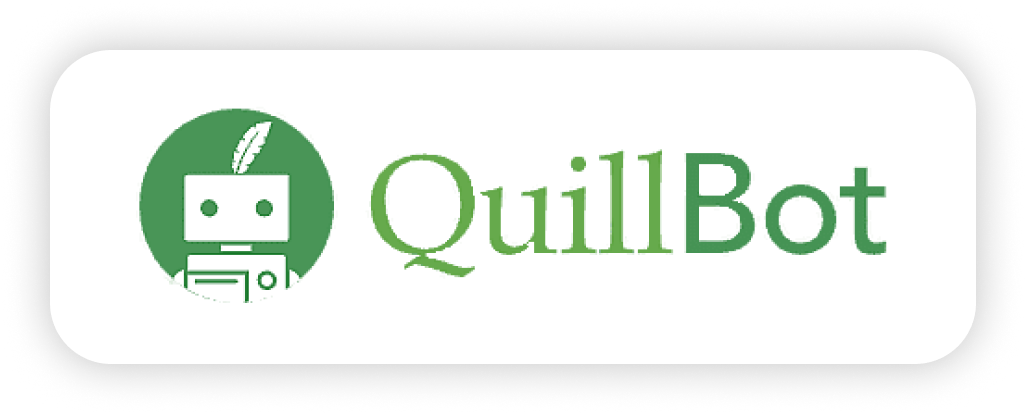Accounting Theory Challenges of Accounting Profession in the Digital Era
DOI:
https://doi.org/10.38142/jisdb.v3i3.1431Keywords:
Digital Transformation, Accounting Profession, Artificial Intelligence, AutomationAbstract
The purpose of this study is to analyze the challenges of the accounting profession in the digital era. The study focuses on how the challenges of the accounting profession in the digital era and how accountants can respond to these challenges and adapt to an increasingly complex economy. Digital transformation requires accountants to adapt to technology-based systems such as automation, artificial intelligence, big data, and blockchain. The research methodology includes a comprehensive literature review on topics relevant to the study. We quantitatively analyze the data used to identify the main challenges faced by accountants in the digital era. The study shows that accountants face a variety of challenges, including the complexity of data security, complex system integration, and the need for advanced technology skills. The impact of the digital era has changed the paradigm of financial information management, Enabling more detailed data analysis and opening up new opportunities in consulting services. This study provides valuable insights for accounting practitioners, academics, and other stakeholders to understand the role of accountants in the rapidly evolving digital era.
Downloads
References
Anggreni, N. K. D. A., Sara, I. M., & Saputra, K. A. K. (2023). The effect of sustainability accounting, work environment, and leadership on employee performance. Journal of Entrepreneurial and Business Diversity, 1(2), 72-77.
IFAC (International Federation of Accountants). (2021). The Accountancy Profession – Playing a Positive Role in a Rapidly Changing World. Retrieved from https://www.ifac.org
Mulyani, S., Rahardja, E., & Hartanto, R. (2020). Transformasi Digital dalam Pendidikan Akuntansi: Tinjauan Literasi Digital dan Kesiapan Mahasiswa. Jurnal Akuntansi dan Auditing Indonesia, 24(1), 12-24.
Sanjayani, M. W. G. H., Saputra, K. A. K., & Surasmi, I. A. (2024). The Influence of Implementation of Sustainability Accounting and Management Participation on Employee Performance in the Bina Sejahtera Badung Employee Cooperative. International Journal of Environmental, Sustainability, and Social Science, 5(1), 147-153.
Saputra, K. A. K. (2019). Determinan Faktor-Faktor Yang Berpengaruh Terhadap Kualitas Audit. Journal of Applied Managerial Accounting, 3(2), 168-180.
Saputra, K. A. K., Kawisana, P. G. W. P., & Larasdiputra, G. D. (2019). Paradigma Riset Akuntansi. Penerbit: Indomedia Pustaka.
Saputra, K. A. K., Subroto, B., Rahman, A. F., & Saraswati, E. (2023). Mediation role of environmental management accounting on the effect of green competitive advantage on sustainable performance. Journal of Sustainability Science and Management, 18(2), 103-115.
Suryanto, T., & Komalasari, R. (2020). Digital Transformation in Accounting: Opportunities and Ethical Challenges. Jurnal Akuntansi Multiparadigma, 11(2), 250–264.
Susanto, A., & Meiryani. (2019). The Impact of Information Technology on the Quality of Accounting Information System. Journal of Engineering and Applied Sciences, 14(2), 452-457.
Warren, C. S., Reeve, J. M., & Duchac, J. (2018). Accounting (27th ed.). Cengage Learning. https://journal.unpar.ac.id/index.php/JMA/article/view/3940
Downloads
Published
Issue
Section
License
Copyright (c) 2025 Ni Komang Lynda PRAMITA, Ni Made Tia MAHARANI, Ni Komang Risma DEWI, Ni Ketur Pasek Dinda Putri LAKSMI

This work is licensed under a Creative Commons Attribution-NonCommercial 4.0 International License.
Creative Commons Attribution-NonCommercial 4.0 International License.
















